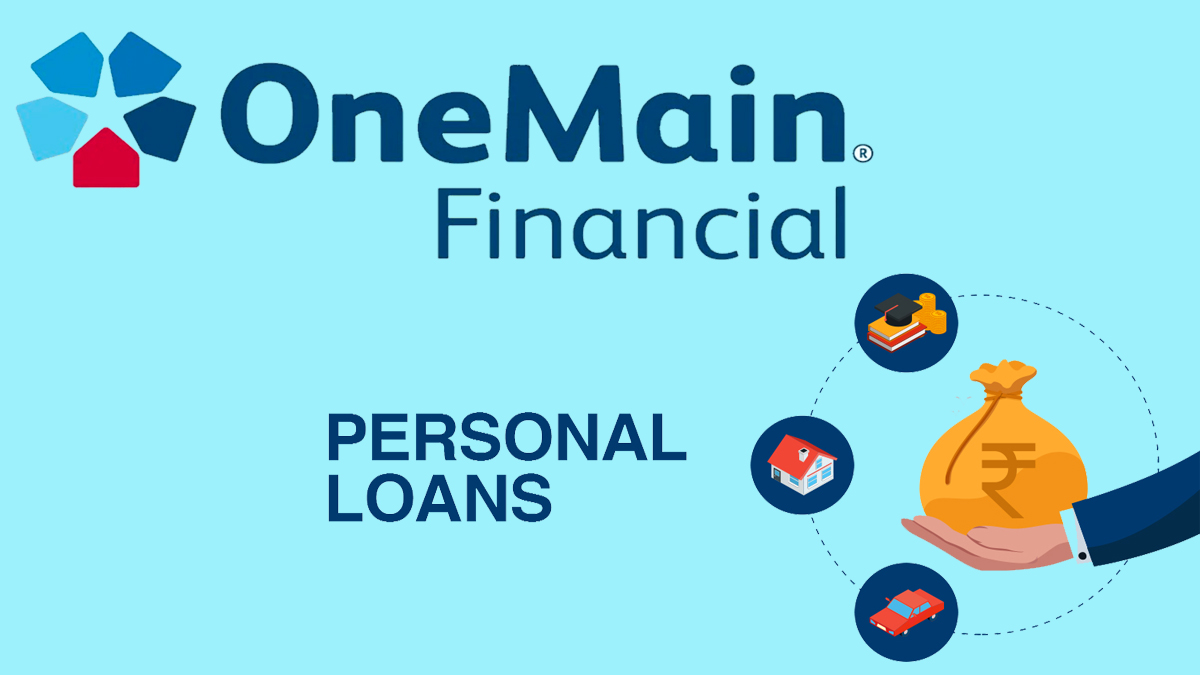What are the best graduate student loans of 2024? Most graduate students have the option to choose the best among federal direct unsubsidized loans, graduate PLUS loans, or private student loans. Federal direct, unsubsidized loans typically offer the lowest interest rates and the most favorable repayment terms.

However, the maximum amount you can borrow each year with direct, unsubsidized loans is $20,500, which may not be sufficient for many students. In addition, certain lenders offer unique loan programs tailored for MBA, law, or medical degree students.
Furthermore, our focus here is on generalized graduate degree loans for master’s or Ph.D. students in other fields.
What Are Graduate Student Loans?
A graduate student loan is a form of student loan established for graduate studies such as traditional master’s degrees, PhDs, law degrees, MBAs, and medical degrees. These loans cover tuition and fees, while many lenders allow funds to be used for books, supplies, housing, and other costs.
In addition, these loans offer the best option for students lacking funds to cover college expenses, and searching for federal loans is advisable. Federal loans provide repayment terms and eligibility for forgiveness.
However, private student loans can also be advantageous. Numerous lenders waive application or origination fees, and borrowers with strong credit may secure lower interest rates compared to federal loans.
Best Graduate Student Loans Of 2024
Graduate student loans do not mandate a credit check and offer several repayment options, making them a preferred choice for many borrowers.
However, individuals with excellent credit, either personally or through a co-signer, might find lower overall costs with a private graduate school loan.
To assist you in finding the best graduate student loan options, we’ve evaluated both federal and private loans based on certain factors. These factors include fees, repayment flexibility, and application methods.
Federal Direct Unsubsidized And Subsidized Loans
Federal student loans are typically considered the best option for graduate students over private student loans due to their variety of repayment options, including certain plans associated with loan forgiveness.
Graduate school borrowers are eligible for unsubsidized student loans only. Additionally, term lengths range from 10 to 25 years upon the start of repayment, depending on the chosen repayment plan.
Moreover, graduate students are subject to a higher interest rate, currently at 5.28%. Typically, they can borrow up to $20,500 annually in unsubsidized federal student loans.
Ascent
Ascent is an online lender providing graduate student loans accessible to both borrowers with and without a co-signer, making it a top choice in the market.
In addition, it considers factors such as your educational institution, program of study, GPA, and cost of attendance when assessing your eligibility for a loan.
Ascent asserts that borrowers may have a higher chance of securing a lower interest rate without a co-signer compared to other lenders. Moreover, with Ascent graduate student loans, repayment terms can range from as short as five years to as long as 15 years.
Lastly, applicants or their co-signers must have a minimum income of $24,000 for both the current and following year.
SoFi
SoFi is widely recognized as a leading provider of graduate student loan refinancing, extending its services to undergraduates, graduate students, law students, business students, and parents. Additionally, borrowers benefit from flexible loan term options ranging from 5, 7, 10, and 15 years.
Furthermore, SoFi offers loan amounts ranging from $5,000 up to the total cost of attendance, with no specified aggregate limit, providing borrowers with ample financing options.
College Ave
College Ave stands out by offering the best interest rates and waiving application, origination, or prepayment fees for graduate student loans. Borrowers have the flexibility to choose between fixed or variable rates, and enrolling in auto-pay provides a 0.25% rate discount.
In addition, College Ave provides hardship protections, including deferment, forbearance, and grace period options. Borrowers with College Ave student loans also have the flexibility to begin repayment while still attending school.
Moreover, College Ave offers graduate student loans tailored to specific programs such as dental, law, medical, MBA, and health professions. The minimum loan amount starts at $1,000, with the maximum amount available up to the total cost of attendance, and loan terms vary from 5 to 20 years.
Citizens Bank
Citizens Bank is a conventional bank offering private student loans for graduate students pursuing various advanced degrees, including master’s, business, medical, law, and healthcare.
Moreover, it is recognized as the best graduate student loan provider, offering a unique multi-year approval to finance each academic year with just a single application.
In addition, this approach eliminates the need for repeated hard credit checks throughout your time in school. Lastly, loan amounts range from $1,000 to $350,000, with repayment terms ranging from 5 to 15 years.
Earnest
Earnest offers loans with the option to skip one payment annually. To be eligible for the first skip, you must have made at least six months of consecutive on-time payments.
Furthermore, Earnest covers the full principal and interest while maintaining good standing with your loan. Repayment terms are flexible, ranging from five to 20 years.
However, during the skipped payment period, interest continues to accrue, and the lender extends the final payoff date. Loan amounts range from a minimum of $1,000 up to $150,000 of the total cost of attendance.
Sallie Mae
Sallie Mae offers a variety of loan options for graduate students pursuing various fields of study. These include financing for master’s or doctoral degrees, MBA programs, medical residency, health professions, dental residency programs, and law school expenses.
Typically, graduate loans from Sallie Mae provide flexibility, with repayment terms spanning from 10 to 15 years. The loan amounts start at a minimum of $1,000 and can cover up to the full cost of attendance.
Prodigy
Prodigy stands out as an excellent option for international graduate students who lack a U.S. citizen co-signer. Eligibility for this loan does not require a co-signer; instead, it relies on your anticipated future income rather than your current financial status.
However, it’s essential to note that Prodigy only offers variable-rate loans, which carry greater risk compared to fixed-rate alternatives. In addition, Prodigy’s lending services are not available to borrowers in all 50 states.
Custom Choice
Custom Choice offers a 2% decrease in your loan amount upon completion of your graduate studies. While this may not seem substantial, it can help lower total loan expenses.
Additionally, borrowers can choose from repayment durations of 7, 10, or 15 years. Customer support is available via phone, email, or regular mail.
Furthermore, the minimum loan amount is $1,000, with a maximum lifetime loan limit of $180,000.
PNC
PNC Bank provides a significant 0.50% interest rate reduction for enrolling in automatic payments. Also, it offers a 12-month loan modification program aimed at assisting borrowers facing financial difficulties, along with 12 months of forbearance.
Furthermore, the loan modification program seeks to decrease both the interest rate and monthly payment burden.
PNC Bank also offers a co-signer release, although the eligibility period is longer compared to Citizens Bank’s policy, lasting for 48 months.
Lastly, loan terms are available for 5, 10, and 15 years, with loan amounts up to $65,000 and an overall maximum limit of $225,000.
Conclusion
To identify the best graduate student loans, begin by compiling a list of reputable lenders with extensive coverage. Also, evaluate the initial interest rates offered by these lenders, ensuring they are below the national averages.



